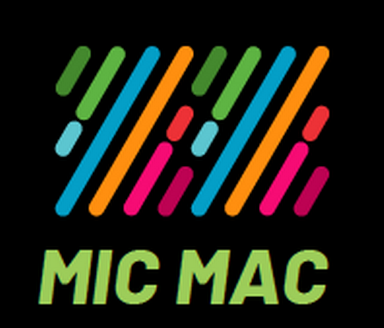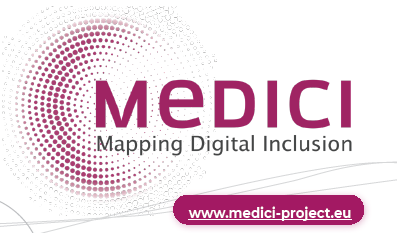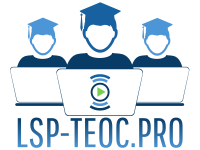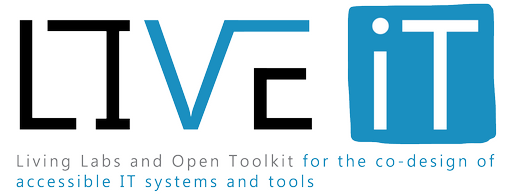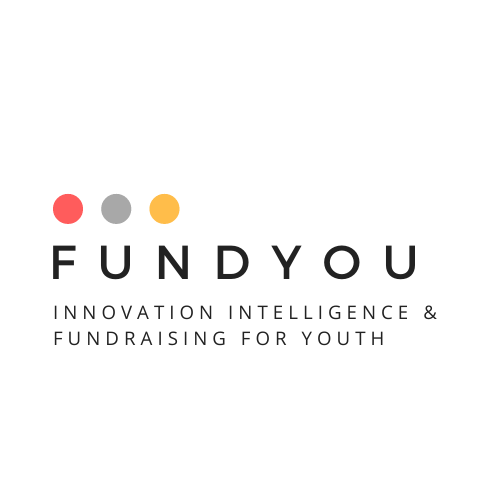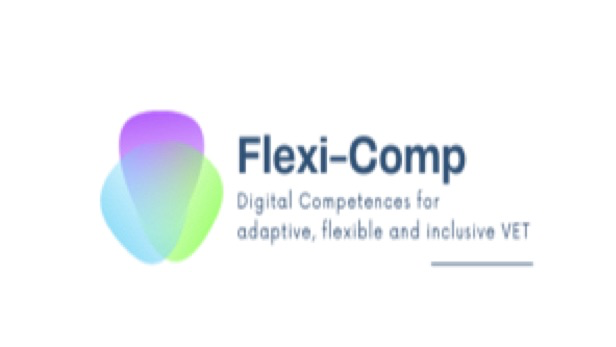VR-VOLL – “Virtual Reality for Vocationally Oriented Language Learning” – explores the potential of an emerging digital technology, Virtual Reality, in the context of vocationally-oriented language learning. VET learners are the group of learners with specific language needs which will address their future language needs for the labour market. It aims to address the problem that, in most of the VET schools or centers there is a general language curriculum or the needs of the target group are not identified exactly. As a result, the appropriate approaches or methodologies cannot be applied for the teaching of language in these classes. After the learners graduate, they cannot achieve the desired language level for the jobs and unemployment becomes a serious problem for the individuals. The integration of VR technology in VET classes will increase the motivation of learners when they are exposed to real life situations, and learning and teaching of English for Specific Purposes (ESP) will not be such a great problem in VET schools or centers . Learners will be able to learn the language in real contexts, and teachers will be able to integrate these new technology in their teaching. Six experienced partners will come together in the scope of this project and address the language needs of the VET learners, organise activities for pre and in-service English teachers and increase the efficiency of the language teaching in VET schools and centers. In this way, more qualified individuals will graduate and their integration to the labour market will be easier.
Partners
Co-Ordinator: Hochschule Flensburg, Germany
University of Cukurova, Turkey
Universidade de Evora, Portugal
Adiyaman Milli Egitim Mudurlugu,Turkey
Vilniaus Gediminotechnikos Universitetas, Lithuania
Arcola Research PT, Portugal

